 W
WPrince Adalbert of Prussia was a son of Prince Wilhelm of Prussia and Landgravine Marie Anna of Hesse-Homburg. He was a naval theorist and admiral. He was instrumental during the Revolutions of 1848 in founding the first unified German fleet, the Reichsflotte. During the 1850s he helped to establish the Prussian Navy.
 W
WJean Claude Eléonore Le Michaud d’Arçon was a French general, specializing in fortification. His designs include the forts at Pontarlier and Fort-Dauphin in Queyras.
 W
WAndré Beaufre was a French Army officer and military strategist who attained the rank of Général d'Armée before his retirement in 1961.
 W
WLieutenant General Humphrey Bland was an Irish-born professional soldier, whose career in the British Army began in 1704 during the War of the Spanish Succession and ended in 1756.
 W
WPierre-Joseph Bourcet was a French tactician, general, chief of staff, mapmaker and military educator. He was the son of Daniel-André Bourcet and of Marie-Magdeleine Legier.
 W
WJohn Richard Boyd was a United States Air Force fighter pilot and Pentagon consultant in the second half of the 20th century. His theories have been highly influential in military, sports, business, and litigation strategies and planning.
 W
WBernard Brodie was an American military strategist well known for establishing the basics of nuclear strategy. Known as "the American Clausewitz," and "the original nuclear strategist," he was an initial architect of nuclear deterrence strategy and tried to ascertain the role and value of nuclear weapons after their creation.
 W
WChanakya was an ancient Indian teacher, philosopher, economist, jurist and royal advisor. He is traditionally identified as Kauṭilya or Vishnugupta, who authored the ancient Indian political treatise, the Arthashastra, a text dated to roughly between the 3rd century BCE and the 3rd century CE. As such, he is considered the pioneer of the field of political science and economics in India, and his work is thought of as an important precursor to classical economics. His works were lost near the end of the Gupta Empire in the 6th century CE and not rediscovered until the early 20th century.
 W
WCarl Philipp Gottfried von Clausewitz was a Prussian general and military theorist who stressed the "moral" and political aspects of war. His most notable work, Vom Kriege, was unfinished at his death. Clausewitz was a realist in many different senses and, while in some respects a romantic, also drew heavily on the rationalist ideas of the European Enlightenment.
 W
WVincent Desportes is a retired French Army general and military theorist.
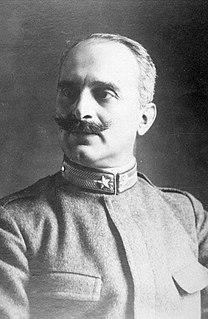 W
WGeneral Giulio Douhet was an Italian general and air power theorist. He was a key proponent of strategic bombing in aerial warfare. He was a contemporary of the 1920s air warfare advocates Walther Wever, Billy Mitchell and Hugh Trenchard.
 W
WCharles Jean Jacques Joseph Ardant du Picq was a French Army officer and military theorist of the mid-nineteenth century whose writings, as they were later interpreted by other theorists, had a great effect on French military theory and doctrine.
 W
WJean Charles, Chevalier Folard, French soldier and military author, was born at Avignon.
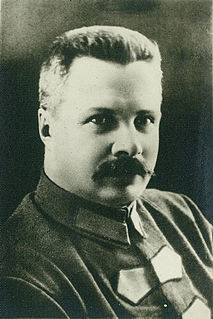 W
WMikhail Vasilyevich Frunze was a Bolshevik leader during and just prior to the Russian Revolution of 1917. Born in modern-day Kyrgyzstan, he became active with the Bolsheviks and rose to the rank of a major Red Army commander in the Russian Civil War of 1917–1918. He is best known for defeating Baron Peter von Wrangel in Crimea. The capital of the Kyrghyz SSR was named in his honor from 1926 until 1991, when the Soviet Union was dissolved.
 W
WDavid Galula (1919–1967) was a French military officer and scholar who was influential in developing the theory and practice of counterinsurgency warfare.
 W
WNikolai Nikolayevich Golovin was an Imperial Russian general and military historian.
 W
WIacob Heraclid, born Basilicò and also known as Iacobus Heraclides, Heraclid Despotul, or Despot Vodă, was a Greek Maltese soldier, adventurer and intellectual, who reigned as Prince of Moldavia from November 1561 to November 1563. He is remembered as a pioneer of the Protestant faith in Eastern Europe, a champion of Renaissance humanism, and a founder of academic life in Moldavia. Active within the Greek diaspora in several countries, he was a student of Hermodorus Lestarchus, and worked as a scribe alongside his cousin, Iakobos Diassorinos. Heraclid forged his genealogy several times, claiming to be a member of the Branković dynasty; he was more reliably related to the Byzantine nobility in Rhodes, and claimed the titular lordship of Samos. In the late 1540s and early '50s, he studied medicine at the University of Montpellier, and married a local. A duelist and alleged infanticide, Heraclid fled over the border with the Holy Roman Empire before he could be executed for murder. He was slowly won over by the Reformation, serving the Protestant princes of the Upper Saxon Circle.
 W
WAntoine-Henri, Baron Jomini was a French-Swiss officer who served as a general in the French and later in the Russian service, and one of the most celebrated writers on the Napoleonic art of war. Jomini's ideas are a staple at military academies, the United States Military Academy at West Point being a prominent example; his theories were thought to have affected many officers who later served in the American Civil War. He may have coined the term logistics in his Summary of the Art of War (1838).
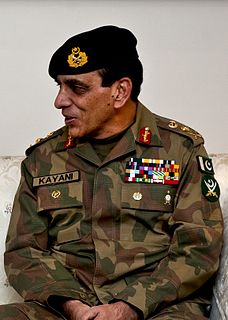 W
WGeneral Ashfaq Parvez Kayani, NI(M), HI(C), LOM, is a retired four-star rank army general in the Pakistan Army who served as the Chief of Army Staff (COAS), being appointed on 29 November 2007 until 29 November 2013.
 W
WRichard L. Kugler is an American thinker and writer on U.S. national security policy and defense strategy.
 W
WPavel Pavlovich Lebedev was a Russian and Soviet military leader, Chief of the General Staff of the Soviet Army from 1919 to 1924.
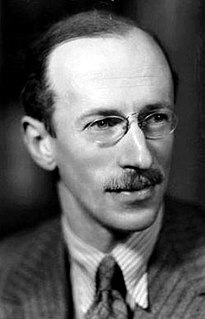 W
WSir Basil Henry Liddell Hart, commonly known throughout most of his career as Captain B. H. Liddell Hart, was a British soldier, military historian and military theorist. In the 1920s and later he wrote a series of military histories that proved influential among strategists. He argued that frontal assault was a strategy that was bound to fail at great cost in lives, as happened in the First World War. He instead recommended the "indirect approach" and reliance on fast-moving armoured formations.
 W
WWilliam Schaw Lindsay was a British merchant and shipowner who was the Liberal Member of Parliament for Tynemouth and North Shields from 1854 to 1859 and for Sunderland from 1859 until his resignation on grounds of ill-health in 1864.
 W
WNiccolò di Bernardo dei Machiavelli was an Italian Renaissance diplomat, philosopher and writer, best known for The Prince, written in 1513. He has often been called the father of modern political philosophy and political science.
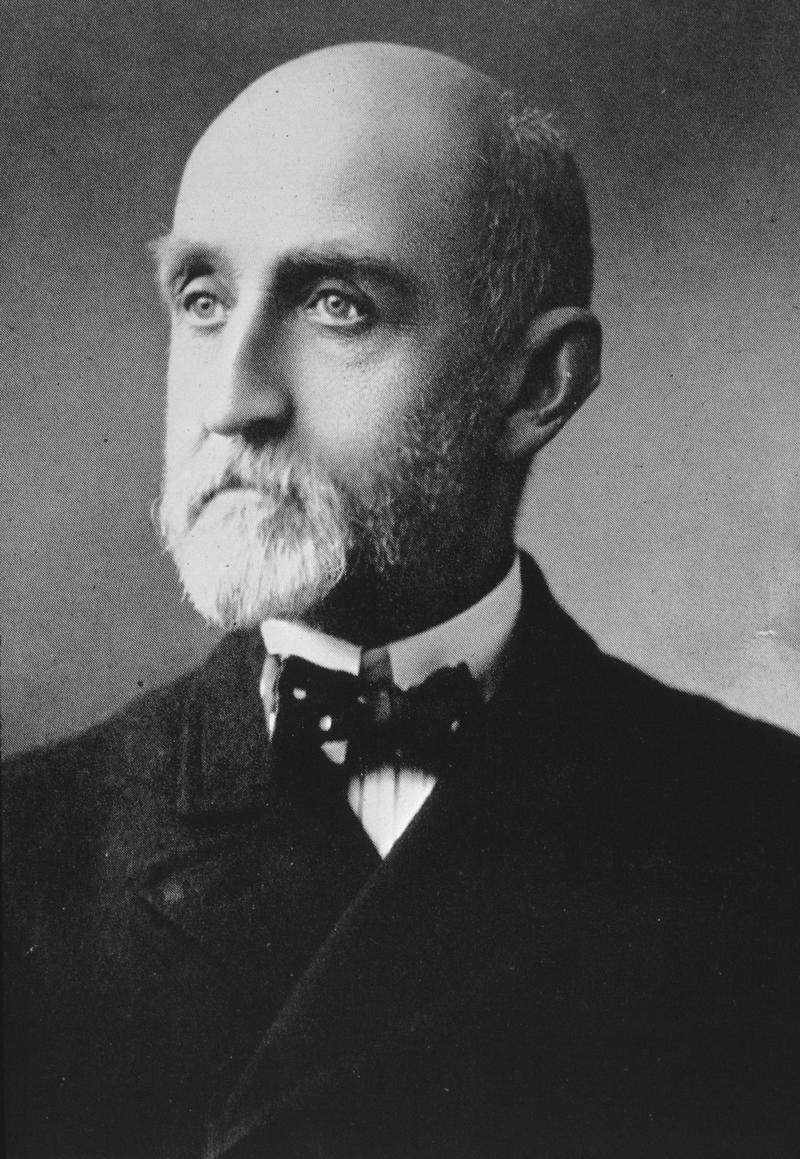 W
WAlfred Thayer Mahan was a United States naval officer and historian, whom John Keegan called "the most important American strategist of the nineteenth century." His book The Influence of Sea Power Upon History, 1660–1783 (1890) won immediate recognition, especially in Europe, and with its successor, The Influence of Sea Power Upon the French Revolution and Empire, 1793–1812 (1892), made him world-famous and perhaps the most influential American author of the nineteenth century.
 W
WGeneral Tariq Majid, is a retired four-star rank army general in the Pakistan Army who held prestigious four-star assignment as the Chairman of the Joint Chiefs of Staff Committee from 2007 to 2010, the principal and highest-ranking military adviser in the Pakistan Armed Forces.
 W
WJovan Mišković (Serbian Cyrillic: Јован Мишковић; was a Serbian general, minister of war, military theorist, writer and the president of Serbian academy of sciences and arts.
 W
WMarc René, marquis de Montalembert was a French military engineer and writer, known for his work on fortifications.
 W
WRaimondo Montecuccoli was an Italian-born professional soldier who served the Habsburg Monarchy. He was also a Prince of the Holy Roman Empire and Duke of Melfi, in the Kingdom of Naples.
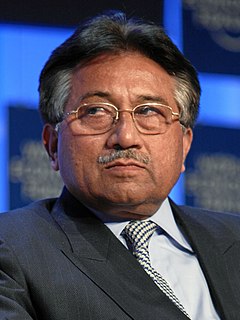 W
WPervez Musharraf is a Pakistani politician and a retired four-star general who became the tenth president of Pakistan after the successful military takeover of the federal government in 1999. He held the presidency from 2001 until 2008, when he tendered his resignation to avoid impeachment.
 W
WNathaniel Nye was an English mathematician, astronomer, cartographer and gunner.
 W
WGopalaswami Parthasarathy, popularly known as G. Parthasarathy is an Indian diplomat and author. He was Ambassador of India to Myanmar, 1992–95, High Commissioner of India to Australia (1995–98), High Commissioner of India to Pakistan (1998-2000) and High Commissioner of India, Cyprus (1990–92). Later he was the spokesperson of the Ministry of External Affairs and the Prime Minister's Office.
 W
WFriherre Major General Claes Fredrik Hugo Raab was a Swedish Army officer. Raab fought in the Second Schleswig War as a volunteer and later in his career became the first Chief of the General Staff. With his international outlook, his concrete experience of the everyday life of the war and his great work capacity, Raab was one of the Swedish Army's foremost officers during the 19th century. He contributed actively to lifting the army out of its difficult recession in the 1860s and initiated the modernization of higher staff functions, officer training and organization which in 1885 would result in a decisive decision on an extension of the conscription defence and rounded off with the replacement of the Allotment system with a conscription-based defence in 1901.
 W
WSatō Tetsutarō was a Japanese military theorist and an admiral in the Imperial Japanese Navy.
 W
WAlfred Graf von Schlieffen, generally called Count Schlieffen, was a German field marshal and strategist who served as chief of the Imperial German General Staff from 1891 to 1906. His name lived on in the 1905–06 "Schlieffen Plan", then Aufmarsch I, a deployment plan and operational guide for a decisive initial offensive operation/campaign in a one-front war against the French Third Republic.
 W
WAyesha Siddiqa (Urdu: عائِشہ صِدّیقہ ),, is a Pakistani political scientist, a political commentator and an author who serves as a research associate at the SOAS South Asia Institute. She previously served as the inaugural Pakistan Fellow at the Woodrow Wilson Center between 2004 and 2005.
 W
WAir Commodore Jasjit Singh, AVSM, VrC, VM was an Indian military officer, writer, military strategist, and air commodore in the Indian Air Force. He retired as Director of Operations of the Air Force but remained head of the Institute for Defence Studies and Analyses (1987-2001). He was founder-director of the Centre for Air Power Studies, based in Delhi. He was awarded the Vir Chakra during the Indo-Pakistani War of 1971.
 W
WSun Tzu was a Chinese general, military strategist, writer and philosopher who lived in the Eastern Zhou period of ancient China. Sun Tzu is traditionally credited as the author of The Art of War, an influential work of military strategy that has affected both Western and East Asian philosophy and military thinking. His works focus much more on alternatives to battle, such as stratagem, delay, the use of spies and alternatives to war itself, the making and keeping of alliances, the uses of deceit and a willingness to submit, at least temporarily, to more powerful foes. Sun Tzu is revered in Chinese and East Asian culture as a legendary historical and military figure. His birth name was Sun Wu and he was known outside of his family by his courtesy name Changqing. The name Sun Tzu by which he is best known in the Western World is an honorific which means "Master Sun".
 W
WAlexander Andreyevich Svechin was a Russian and Soviet military leader, military writer, educator and theorist, and author of the military classic Strategy.
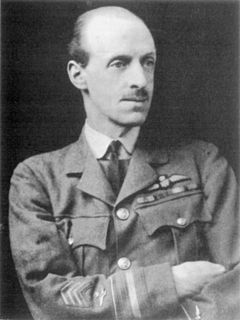 W
WAir Vice Marshal Sir Frederick Hugh Sykes, was a British military officer and politician.
 W
WMikhail Nikolayevich Tukhachevsky nicknamed Red Napoleon by foreign newspapers, was a leading Soviet military leader and theoretician from 1918 to 1937.
 W
WSébastien Le Prestre de Vauban, Seigneur de Vauban, later Marquis de Vauban, commonly referred to as Vauban, was a French military engineer who served under Louis XIV. He is generally considered the greatest engineer of his time, and one of the most important in Western military history.
 W
WAlexander Ivanovich Verkhovsky — Russian military and political figure. Minister of War of the Provisional Russian Government (1917).
 W
WJohn Ashley Warden III is a retired colonel in the United States Air Force. Warden is a graduate of the United States Air Force Academy. His Air Force career spanned 30 years, from 1965 to 1995, and included tours in Vietnam, Germany, Spain, Italy, and Korea, as well as many assignments within the continental United States. Warden completed a number of assignments in the Pentagon, was a Special Assistant for Policy Studies and National Security Affairs to the Vice President of the United States, and was Commandant of the Air Command and Staff College.
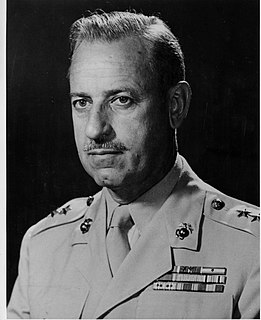 W
WDonald McPherrin Weller was a decorated officer of the United States Marine Corps with the rank of major general. He is most noted as pioneer of Naval gunfire support and author of many publications on this topic. Weller also commanded 3rd Marine Division and ended his career as deputy commander, Fleet Marine Force Pacific.
 W
WZhang Zhaozhong is a Chinese military theorist at the PLA National Defense University. He held the rank of rear admiral in the People's Liberation Army Navy prior to his retirement.